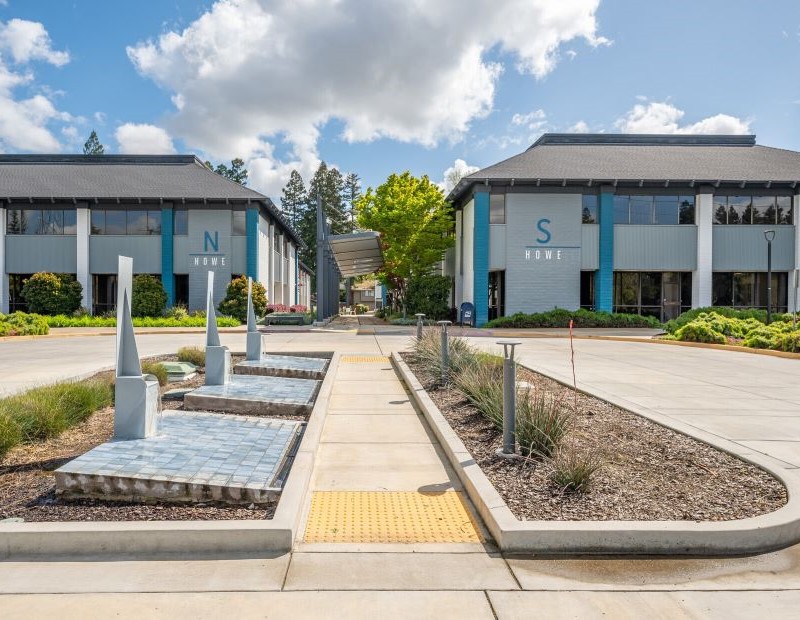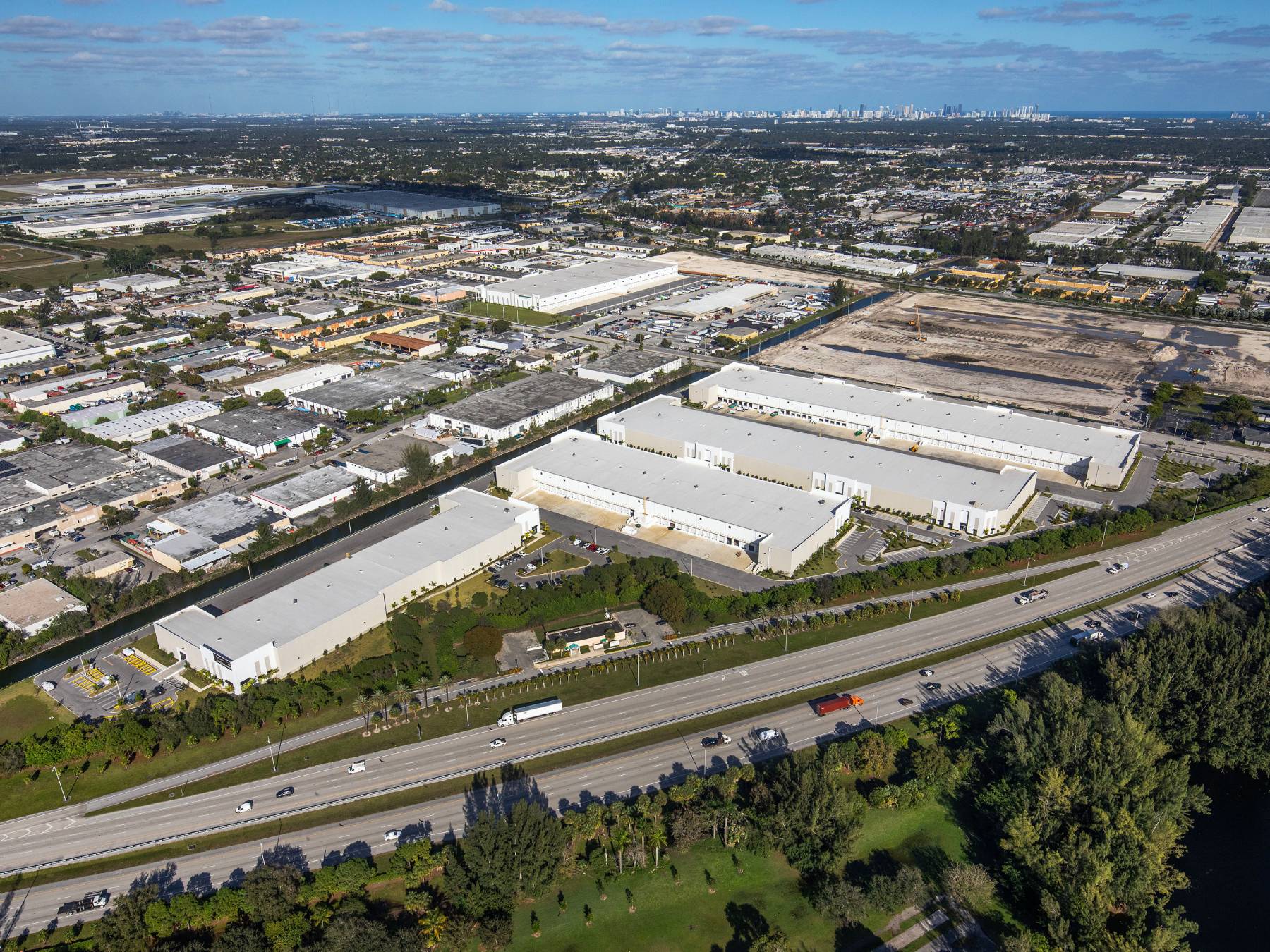The Benefits of SBA 504
By Rich Grant, EVP of Sales, TMC Financing: Commodity-driven businesses should consider SBA 504 loans when looking to build, buy or improve their commercial real estate assets. Here's why.
By Rich Grant, EVP of Sales, TMC Financing
 Small businesses can encounter challenges when looking to expand, including their ability to obtain financing from traditional sources. Banks tend to be especially wary of complex, cyclical, commodity-driven businesses because they may present more risk, and thus these lending institutions either are unwilling to loan or require a hefty down payment.
Small businesses can encounter challenges when looking to expand, including their ability to obtain financing from traditional sources. Banks tend to be especially wary of complex, cyclical, commodity-driven businesses because they may present more risk, and thus these lending institutions either are unwilling to loan or require a hefty down payment.
The wine industry is one example of a business that faces this challenge. The California Coast has skyrocketed in worldwide popularity for its wine since the “wine revolution” in the late 1970s, in which French wines were compared to and defeated by Napa Valley wines. Now, even though the industry is so well known, finding the capital for expansion can be tough for smaller wineries, vineyards and wine-related businesses. Despite the wine industry’s recovery back to pre-recession profitability, many banks still shy away, unless they have wine industry expertise.
The SBA 504 program is one option they can consider, and the real benefit of the program is the lower down payment. For wineries and vineyards, the SBA requires 15 percent down; for other facilities like a tasting room, kitchen or wine-related business, the minimum down payment can be as low as 10 percent. Compared to the 35 or even 50 percent down required for conventional financing on a multimillion-dollar loan, that can make a big difference in the capital available for other expenses, like staff salaries or marketing.
Greg Ahn, founder of Alcohol by Volume, a portfolio wine company ranked as No. 251 on the Inc. 5000 list of the fastest-growing private U.S. companies, leveraged the SBA 504 program to acquire a vineyard, winery, bottling plant, residences, land and equipment in Carmel Valley, Calif.
He said the acquisition was a natural extension of the company’s existing wine business, and that having the winery, vineyard, event venue and tasting room was a key piece of its business growth strategy. Because direct-to-consumer is the fastest-growing channel in the industry, the acquisition will allow the company to educate and interact with customers in a way it couldn’t before, Ahn said.
The winery will be the new home for the Le Mistral label, founded by Joseph Phelps, and will launch its namesake Folktale label with the 2013 vintage of Monterey Chardonnay and Monterey Pinot Noir. A Talking Animals sub-brand launch is planned for next spring.
An SBA 504 loan can be used to buy, build or improve owner-occupied commercial real estate or other fixed assets, such as equipment. Interest is at below-market rates, fixed and fully amortized over the 20-year loan term. SBA 504 loans typically have three participants: A bank provides a first mortgage for 50 percent of the total project cost; the small-business owner contributes as low as 10 percent; and a Certified Development Company, like TMC Financing, provides the SBA 504 loan for the remainder, as much as 40 percent of the total project cost. The SBA portion of the loan can be as much as $5 million ($5.5 million for manufacturing or energy-efficient projects), but there is no maximum on the total project cost.







You must be logged in to post a comment.